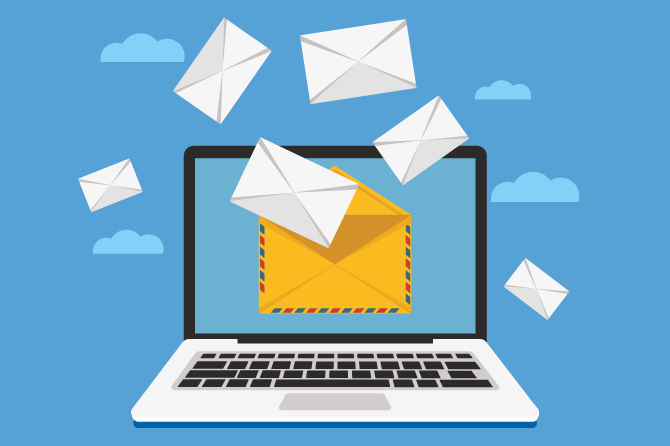Shop detail

Tactics for Smarter Communication
The course is technology-agnostic. This means that it doesn’t matter which email technology tool you use (Gmail, Outlook, Yahoo, etc.).
Description
Write Better Emails
Wondering how to write better emails? Well, good email writing starts with knowing the basics.

Once you build up your confidence, you can apply more nuances to improve your email writing skills even further. Up-leveling your craft doesn’t require books, courses, or classes on how to send better emails. After you’ve invested 10 minutes into reading this blog post, you know everything you need to compose a good email message in every situation. That’s an investment in your career that holds the potential for infinite ROI.
Consider your recipient
In all professional communication, your audience should be your first consideration. Who will read your email dictates how you write it from tone to content. As simple as that.
If you disagree, consider whether you communicate similarly with your boss, co-worker, client, and contractors – let alone your family and friends. Your email doesn’t need to be as formal as when making a business inquiry when communicating with your co-workers. Some of the function-specific lingoes can be efficient for exchange between teammates but confusing to top management.
Set a clear goal for your email
If you are not clear about the purpose of your email before you start to write it, you can be sure that the recipient won’t be either. Clarifying what you are trying to accomplish with your message helps you express yourself effectively when you decide to put pen to paper.
All good emails have one – and only one – goal. This is called the ‘one thing rule.’ By covering only one thing in your email, you make it easier for the recipient to understand and take action. Requesting more than one action in an email can lead to confusion, which leads to inefficient communication.
Make sure that your email is necessarily
Email has become the default channel of business communication. No matter how much we all love emails (sarcasm), and no matter how important it is to provide e-paper-trail of communication with clients, contractors, or colleagues, email is not the right channel of all workplace communication.
Know your email etiquette
Email etiquette refers to the set of principles that guide our behavior when using email.
It can be defined as a code of conduct that includes unwritten guidelines for email communication regarding language, spelling, grammar, and manners. The etiquette depends on whom you are emailing. It’s always safer to stay on the formal side of conventions.
Follow proper email structure
The best way to write an email is to stick to the format. Email has been around for decades, and many of us have been using it since our childhood. That’s why our brains are wired to read them in a certain way. Whether the recipient would skip all the niceties and formalities, it’s easier for them to get the gist of it if you don’t steer away from what’s expected.
About the course
Most employees spend over 11 hours per week reading and replying to email messages. In this course, you’ll learn how to spend less time and improve communication with your team members. You’ll also understand how to make your messages more effective using simple tweaks.
For example, you’ll learn how to make your emails more scannable and how to break your long emails so that they’re easier to read. You’ll also learn the common mistakes people make when they ask questions in emails, and how to avoid them.
Email is not going anywhere.
Although new tools (such as Slack) keep popping up, email is still the main tool used for team collaboration around the world. Moreover, employers consistently list “good business writing skills” as an important pre-requisite for most job requirements, and proper email etiquette is a critical component for getting a job. So you’ll learn powerful email writing skills that will help you for your entire career.
Course for you, if:
- You are in organization where frequently communicate via email with their team members
- Wish to improve your business writing skills, your email writing skills, and email etiquette skills
- Want to save time and increase your productivity in writing and responding to emails.